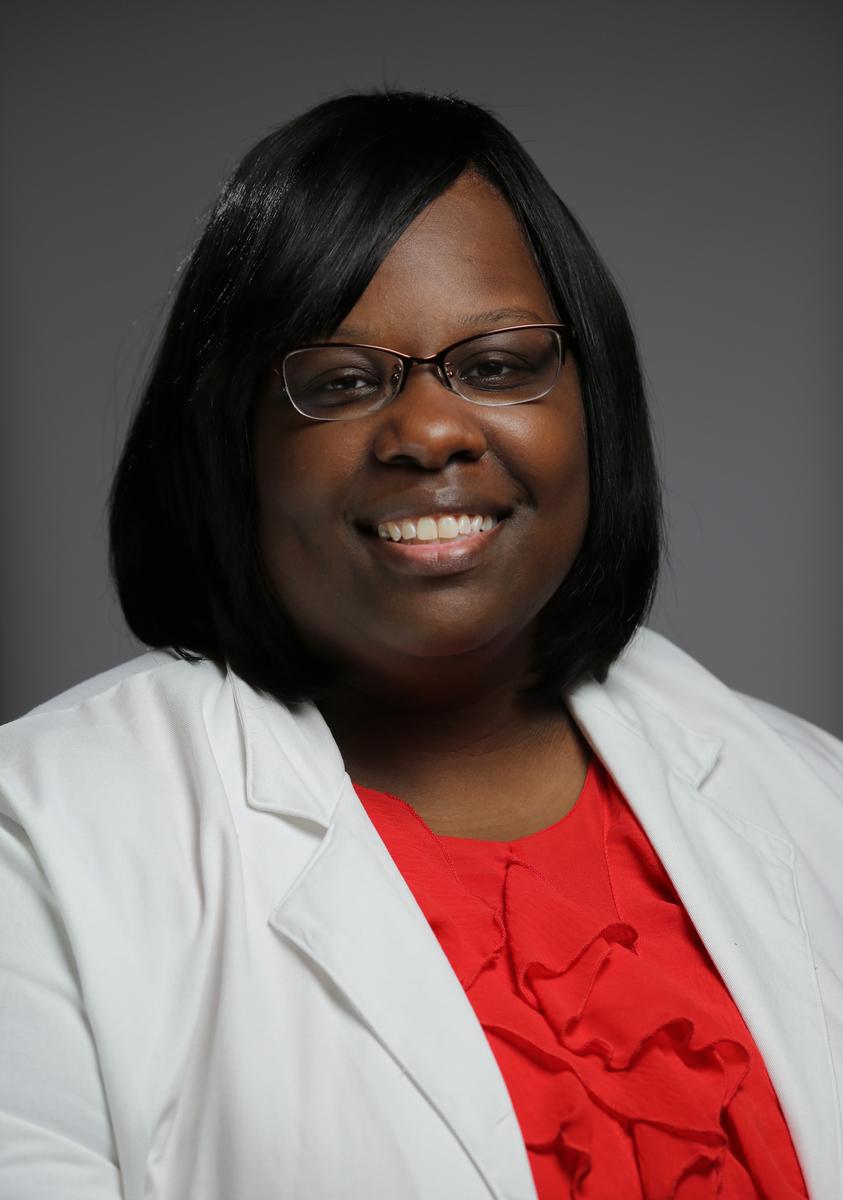
Transcript: Hi, everyone. I’m Isaretta Riley. I am an assistant professor in the division of pulmonary allergy and critical care at Duke University School of Medicine. I am the Vice Chief of diversity, equity and inclusion. And I’m also the co director for the community engagement and dissemination Corps, which is part of our Health Disparities Research Center. So I have been a pulmonary and critical care physician since 2014, so about nine years. And so I was originally attracted to pulmonary and critical care, because I love the physiology, and I really thought I was going to be a critical care doctor. So an ICU doctor, however, I just really was, really attracted to the one one-on-one interaction with my patients in the longitudinal relationships with our patients. So actually, I tried, I actually switched my focus to outpatient medicine, and I’d take care of an array of kind of the bread and butter pulmonary conditions like asthma and COPD. My current practice is actually at the Durham VA Medical Center. So I take care of a lot of veterans. I think the health disparities in the pulmonary arena, really transcend all the different conditions because I think the same things that cause health disparities and diabetes and high blood pressure exist in patients with chronic lung disease. I specifically focus on asthma health disparities, and at the VA, I actually have a cohort of patients that specifically have asthma. So anything from mild asthma from the burn pit exposures to more severe asthma where these patients need biologics, but however, there are health disparities in all the conditions whether it’s asthma, COPD, interstitial lung disease, pulmonary fibrosis, pulmonary hypertension, or those patients with really advanced conditions needing lung transplants, so actually see them all but I have the largest group of airways disease, asthma and some COPD.







